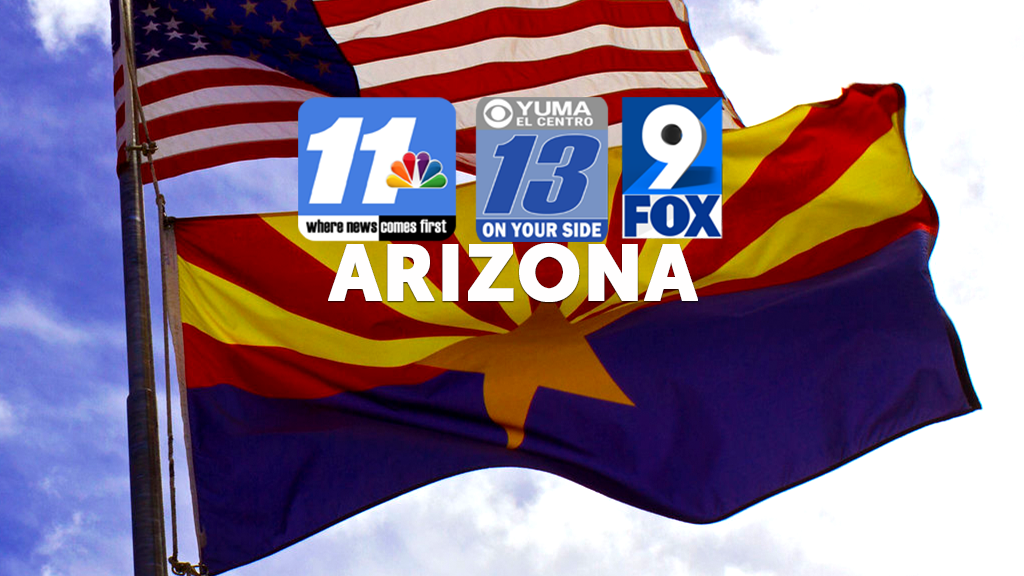Arizona pauses $15M for rodeo after residents file lawsuit

PHOENIX (AP) — An Arizona state budget item giving $15.3 million to a rodeo in Prescott has spurred a lawsuit by two city residents and a legal rights group who claim the Arizona Constitution bans such spending.
Howard Mechanic and retired Yavapai County Superior Court Judge Ralph Hess filed the lawsuit in Maricopa County Superior Court last week with help from the nonpartisan legal advocacy group Arizona Center for Law in the Public Interest, The Arizona Republic reported.
Lawyers for Attorney General Kris Mayes and Treasurer Kimberly Yee in court Tuesday agreed to halt the spending until the lawsuit’s resolution.
The lawsuit says the planned payout would violate the law and that Mechanic and Hess — as taxpayers — will suffer a financial loss by sharing in the “burden for replenishing … wrongful and illegal expenditures.”
The payment is in conflict with of the state constitution’s gift clause, which bars government entities from giving money to private companies or people without direct benefits to taxpayers, according to the lawsuit.
The lawsuit says the state failed to meet the two basic criteria of the gift clause: A gift must serve a public purpose, and the state must account for the gift’s direct benefits to the state.
The budget item also would violate the constitution’s directive that when spending doesn’t go to state agencies, public schools or to pay down state debt, lawmakers must list its purpose in a separate bill, according to the suit.
State Rep. Quang Nguyen, R-Prescott Valley, who helped direct the funds to the rodeo, said legislative attorneys OK’d the expenditure.
Spokespeople for both the Senate and House, which approved the budget before Gov. Katie Hobbs signed it, agreed, saying all budget expenditures were checked for possible gift clause violations.
Nguyen declined to comment on the pending litigation.
Danny Adelman, executive director of the Arizona Center for Law in the Public Interest, told The Arizona Republic earlier this month that the center saw the rodeo payment as potentially problematic.
“These are important provisions to protect taxpayers,” he told the newspaper this week. “It’s important that they’re complied with.”
The subsidy was one of a list of cash giveaways included in the $17.8 billion state budget signed into law by the Democratic governor last month after private negotiations with Republican legislative leaders. Democratic and Republican lawmakers were allowed to divide $2.5 billion in surplus money for their priorities, a plan meant to encourage bipartisan support for the budget.
The rodeo money was an unwanted surprise for some Prescott-area residents, who had already questioned the rodeo’s expansion plans. The money would accelerate those plans, which opponents think could disturb residents with more traffic and noise.
Nguyen said he believes that enhancing the long-running rodeo — billed as the “world’s oldest” — would boost tax revenue and tourism in the northern Arizona city.
Ron Owsley, president of the nonprofit that operates the rodeo, has said the money would go to renovations that would bring a return to the state’s investment. He confirmed, however, that no written contracts or promises of benefits were linked to receiving the money.
A finding that the rodeo handout violates the gift and appropriations laws could affect other budget items including $1 million to horse-racing track Turf Paradise, $10 million for the International Dark Sky Discovery Center, and $5.6 million for the nonprofit Lowell Observatory.
“We expect to win the case, but we also expect that there would be long-term, positive effects in reducing the number of gifts that the state has been giving out,” Mechanic said.